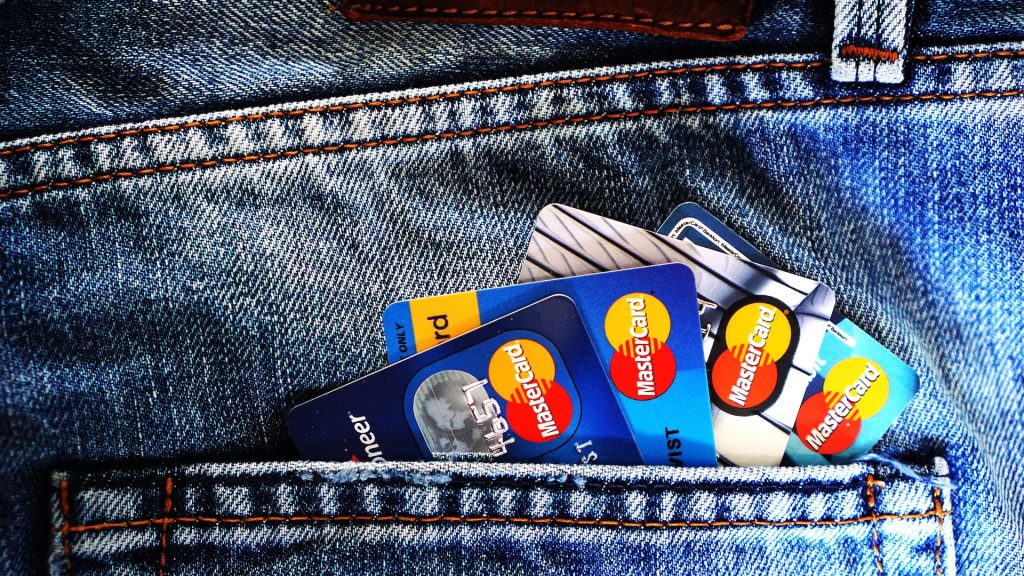
In a recent survey by Stripe, 64 percent of global business leaders said that it has become harder to fight credit card fraud since the pandemic. Before we delve into credit card fraud, let’s understand what we’re facing.
NB: This is an article from eZee Absolute
Subscribe to our weekly newsletter and stay up to date
Credit card fraud happens when someone uses another person’s credit card information without their permission to make purchases or reservations. This can occur in a few ways:
- Card Not Present (CNP) Fraud: This is becoming increasingly common. Fraudsters steal credit card details (card number, expiration date, CVV code) and use them online to book rooms or pay for services without even needing a physical card.
- Physical Card Theft: The classic case – a thief steals a guest’s wallet or credit card and uses it to pay for their stay or rack up charges.
- Account Takeover: Fraudsters use stolen personal information (including credit card details) to gain access to a guest’s existing account and make unauthorized charges.
By understanding the different types of fraud, you can be more alert to potential red flags and take steps to protect your hotel and your guests.
Now, let’s get insights into some proactive ways to keep those credit card bandits at bay!
6 Proactive Ways to Combat Hotel Credit Card Fraud
Payment fraud poses significant risks, especially for independent properties like yours. So, how can you minimize this risk? Here are some practical tips and best practices to help safeguard your business.
1. Verification at Check-In
Verification at check-in is a critical step in preventing credit card fraud at hotels. It is the first line of defence against a hotel credit card fraud. Here’s how you can do it:
- Confirm Identity: This might seem obvious, but always ask for a valid government-issued photo ID (driver’s license, passport) that matches the name on the credit card used for booking. Double-check the expiration date and photo to make sure it’s the real deal.
- Don’t Be Shy, Ask Why: If something seems off – a blurry photo ID, a name that doesn’t quite match, a guest acting nervous – don’t be afraid to ask questions politely. You can explain it’s just for security purposes.
- Pre-Authorization Power: For high-risk reservations (expensive rooms, last-minute bookings), consider pre-authorizing the credit card. This puts a temporary hold on a small amount to confirm the card’s validity. Once confirmed, the hold gets released.
- Digital Check-In Done Right: Digital check-in is convenient, but security shouldn’t take a vacation! Make sure your system requires guests to upload clear photos of their ID and credit card during the online check-in process.
By implementing these verification practices at check-in, hotels can significantly reduce the risk of credit card fraud while providing a secure and seamless experience for guests.
2. Maintain Accurate Records
Accurate record-keeping serves as a crucial tool in identifying and preventing credit card fraud instances. By meticulously documenting all guest transactions, including payments, check-ins, and check-outs, hotels can effectively track and monitor any suspicious activities. Here’s how:




